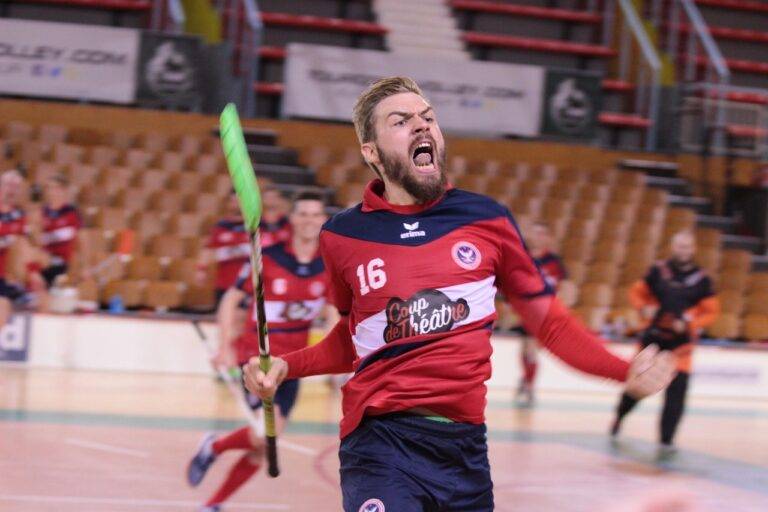Anti-harassment Policies in IPL: Legal Obligations of Franchises: Laser247, Gold365, 11xplay
Laser247, Gold365, 11xplay: The Indian Premier League (IPL) is a premier cricket league in India that features various franchises representing different cities and states of the country. Each franchise is owned by different stakeholders, including celebrities, business tycoons, and conglomerates, who invest heavily in building competitive teams.
These franchises compete against each other in a season that culminates in an exciting final match. The IPL has gained immense popularity over the years, attracting huge crowds to the stadiums and millions of viewers on television and online platforms. Each franchise has its unique identity, team colors, logos, and fan base, adding to the overall spectacle of the tournament.
History of Anti-harassment Policies in Sports
Sports have traditionally been seen as a male-dominated domain where instances of harassment and discrimination were often brushed aside or ignored. In the past, there was a lack of clear policies and procedures in place to address such issues, leading to a culture of silence and impunity within sports organizations.
The turning point came in the late 20th century when high-profile cases of harassment and abuse in sports started gaining public attention. This prompted sports organizations and governing bodies to take a proactive stance in implementing anti-harassment policies to protect athletes and individuals involved in sports from all forms of misconduct and discrimination.
Legal Framework for Anti-harassment Policies
The legal framework surrounding anti-harassment policies in sports is crucial in ensuring the protection of athletes and maintaining a safe environment within sporting organizations. Laws and regulations play a significant role in dictating the obligations of sports entities in preventing and addressing instances of harassment, discrimination, and abuse. These legal provisions help set the standards for promoting equality, respect, and fairness in all levels of sports.
From a legal standpoint, organizations are required to implement comprehensive anti-harassment policies that comply with federal, state, and local laws. These policies should outline the prohibited behaviors, reporting procedures, investigation protocols, and disciplinary measures for dealing with harassment cases. By adhering to the legal framework, sports entities demonstrate their commitment to creating a culture of safety and accountability, fostering a positive and inclusive environment for athletes, coaches, staff, and officials alike.






